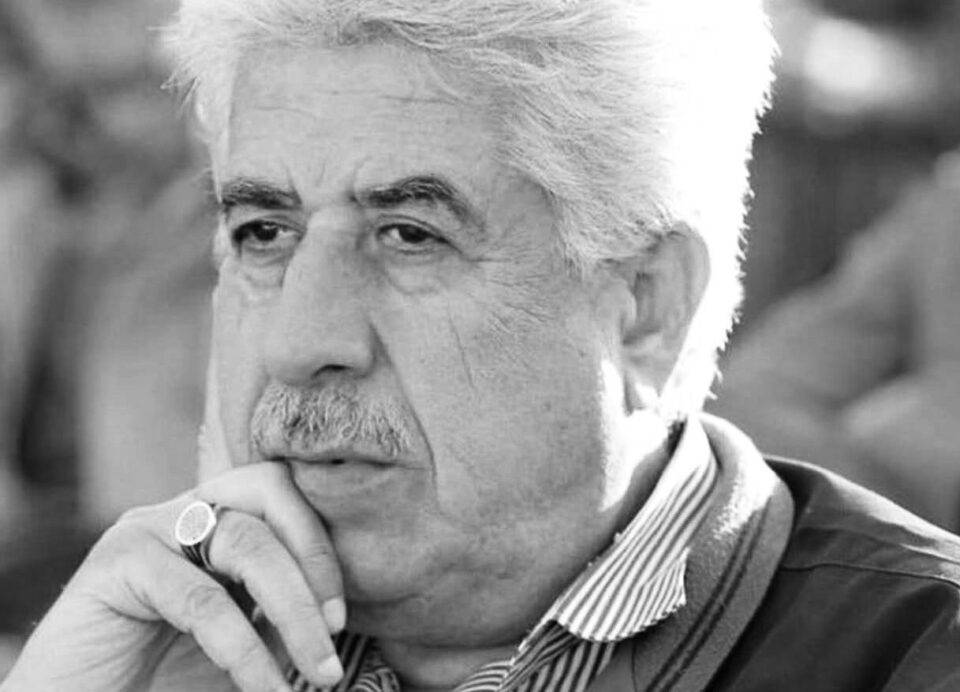His passing leaves a void in Erbil’s artistic community, but his legacy endures in Kurdish theater, cinema, and literature
Zahir Abdullah Khidr, a distinguished artist and writer, left an indelible mark on the cultural landscape of Kurdistan. Born in 1958 in the Teyrawe neighborhood of Erbil, Abdullah’s life was a testament to creativity, perseverance, and dedication to the arts. His legacy includes decades of involvement in theater, cinema, and literature, which began in his youth and continued until his passing on November 23, 2024.
Abdullah’s artistic journey began at a young age. After completing his primary and secondary education in Erbil, he graduated from the electrical department of Erbil’s Industrial High School. In 1972, at the age of 14, he participated in his first theater production, The Result of Money Worship, which marked the beginning of his long and prolific career in the performing arts.
Throughout the 1970s, Abdullah engaged with both theater and literature. In 1979, while still a vocational high school student, he adapted a folk song into a theater script called Muhammad and the Apple. The play was recorded by Kirkuk Television, but during the filming, Abdullah was arrested by the Baath regime due to his political affiliations. He was detained for four months, temporarily halting his participation in the production.
Despite the regime’s attempts to stifle his work, Abdullah continued to thrive in the artistic world. In addition to his acting, he began writing short stories in the mid-1970s, eventually publishing his first collection, Kharand. His passion for storytelling grew as he became involved in a range of theater productions, dramas, and films. One of his most influential works, Existed Not Existed, resonated deeply with audiences and introduced many to the talents of a new generation of artists. Abdullah’s portrayal of Omar the Greedy in this production was particularly memorable.
Abdullah’s personal life intertwined with his artistic endeavors. In 1980, he married Shirin Sabir, and together, they became a prominent artistic duo. In 1984, he brought Shirin to the stage for the first time, and the couple went on to act together in numerous plays and films. The couple had three sons and two daughters.
Throughout the 1980s and 1990s, Abdullah continued to contribute to the theater scene. In 1989, he starred in the play Old Door, and in 1993, he portrayed Jawhar Agha, a villainous character in the popular series Caves of Qarachokh. His performances, often centered on complex, memorable characters, cemented his place as one of the leading figures in Kurdish theater.
In 2007, Abdullah took on a new role as the director of the Erbil Public Library, where he served for six years. His leadership helped shape the cultural life of the city and fostered a deeper appreciation for literature and the arts.
Zahir Abdullah’s death on November 23, 2024, leaves a void in the artistic community of Erbil and beyond. Yet, his contributions to Kurdish theater, cinema, and literature ensure that his legacy will live on in the hearts and minds of those who were touched by his work.

